“Investment tax deduction will increase the attractiveness of Tatarstan”
The relevant bill has been proposed by Azat Bikmurzin, the director general of Nizhnekamskneftekhim PJSC
The representatives of businesses and authorities have discussed the prospect of introducing the bill “On investment tax deduction in the Republic of Tatarstan” within the discussion club organized by Realnoe Vremya. The initiative has found reasoned support of the participants of the discussion.
Tax preferences are important for existing enterprises
The draft bill “On investment tax deduction in the Republic of Tatarstan” concerns the enterprises that receive 70% of income from manufacturing, as well as from the distribution and production of electricity, gas and water. Medical and educational organizations could also use these benefits. For them, the regional part of the income tax rate is proposed to be set at the level of 0%.
It is important that under the draft bill the investment deduction will not be valid for the enterprises based in the SEZ and PSEDA, for participants in regional investment projects — that is, for those who already enjoy any preferences from the state.
The discussion on tax and other preferences for Tatarstan businesses was moderated by Maria Yashenkova, the director of Bright Consulting agency, which develops commercial strategies, analytics and business processes building for large enterprises in Tatarstan and abroad.
Almaz Khusainov, the deputy minister of industry and trade of the Republic of Tatarstan, said that different measures to support businesses are introduced at the federal and regional levels: subsidies, preferential loans, tax preferences. For example, the opportunity to reduce the tax burden is provided to the enterprises that are based in the SEZ and PSEDA.
Khusainov believes that the volume of support for industrial enterprises should be increased in the future. In his opinion, the mechanisms of tax incentives are primarily important for existing enterprises undergoing modernization.
Investment tax deduction will allow to modernize the production
Rasim Usmanov, the deputy director of the Guarantee Fund of the Republic of Tatarstan, also believes that it is definitely necessary to introduce the tax investment deduction on the territory of the republic. This useful initiative, firstly, will help to smooth out the irregularities of incentives from territory to territory, secondly, will give clear rules for obtaining tax preferences and free them from the manual regime of issuance, and thirdly, will definitely improve the investment climate in Tatarstan, which is already one of the most favourable in the country.
Moderator of the meeting Maria Yashenkova asked a counter question about whether all enterprises of the republic are on an equal footing in terms of tax preferences, especially given the fact that many large producers cannot afford to move to the SEZ (as, for example, the city-forming and strategically important Pozis, which found itself in a tough artificially created competition).
The deputy director of the Guarantee Fund replied that the stability of the enterprise depends not only on state support:
“It is difficult to say that we do not support enterprises. It is clear that the state is obliged to create conditions in which people would want to do business. We are in a common and unified legislative and tax field of the Russian Federation, so we must act within it. I think that those enterprises that are engaged in production activities and are ready to modernize should receive support in the form of tax investment deductions, this will be the right thing to do.”
Business lacks information and resources, and tax legislation — flexibility
The question of what to do in a competitive environment for enterprises that cannot move to the zone of tax preferences and receive benefits there has been raised more than once. In particular, Alena Beloglazova, the head of Beloglazova's family farm, spoke about the problem of the wage increase. In the SEZ and PSEDA, enterprises can afford to raise salaries to employees, but outside these zones, it is difficult for the productions to find these funds in any other way than to raise the price of the final product for the consumer. The more difficult it is to find the money for modernization: here, of course, the bill under discussion would be very useful.
The chief accountant of the Kazan crane plant Gertek, Elena Schlotgauer, noted that tax incentives are now standardized and do not have any reference to a particular business. More flexibility is needed for tax incentives, she said. Besides, she complained that business is very poorly informed about the support measures that are available to it.
By the way, some other guests of the discussion club came to find out more about the existing mechanisms of tax incentives. Rustem Kamalov (Ak Bars Capital), for example, stated this purpose: “We are here to get the maximum information that we will use in the future in working with our clients.”
Daniyar Tynymbayev from Kazakhstan (KazakhExport) also came for the same purpose:
“The discussion is interesting for me because we have investment projects in the field of production that we want to localize in Tatarstan, and from here to enter the Russian market. So I have come to find out what preferences are offered here. The experience of Tatarstan and the opportunities offered here are very interesting to us, which is why we have opened our first representative office here, in Kazan.”
Meanwhile, Anatoly Kiyashko, the director for development of Robots Can Dream startup, said that in terms of tax preferences and working conditions, foreign sites look better than Russian ones: “We are now choosing the country where we will produce our equipment. For example, Belarus looks more attractive. Our investors are interested in making a profit in the first 2 years of production. Therefore, we are not inclined to open it in Russia. If we are localized in Russia at the moment, our economic indicators will not agree.”
The leitmotif of the conversation was that the investment tax deduction could solve some problems of Tatarstan producers.
“It is important to clearly define the rules of the game”
Zakir Abdrashitov, the head of the tax practice at ANP Zenit, draws attention to a small gap in the tax law: there are special tax regimes for small businesses and there are financing opportunities for large ones. But the middle segment of the business sank: for special regimes, these enterprises are already too big, but they are still too small to enter the SEZ.
Abdrashitov believes that it is important to introduce clear and transparent incentive rules for certain sectors of the economy:
“For example, let's take the high-tech industry and introduce uniform, specific, transparent incentive rules for everyone, so as not to depend on a particular signature of a particular person. Let's define the vector of development, give the same conditions to all participants. It is important to clearly define the rules of the game so that businesses understand what they can and what they cannot do.”
Zakir Abdrashitov also believes that the bill on investment tax deduction should be adopted in Tatarstan this year — first of all, to prevent the flow of medium-sized businesses to neighbouring regions, where these preferences have already been adopted. It is important that Tatarstan retains its leading position in investment attractiveness.
“Investment tax deduction will further increase the attractiveness of Tatarstan”
Kamil Umarov, the tax manager at KPMG, also noted that Tatarstan is trying to facilitate the conditions for enterprises in the region, but, for example, in order to get a special investment contract, it should be a large-scale production, huge amounts of investments and purchase of equipment. Only large enterprises can afford it — for example, KAMAZ, already mentioned today.
“Given the narrowness of the application of benefits (PSEDA, SEZ, special investment contracts), the investment tax deduction can be a really very timely and useful initiative. Since there are significantly lower thresholds for investments, these benefits can be applied by existing companies in the process of modernization — those who do not have the opportunities of the PSEDAs and SEZs. The investment tax deduction will further increase the investment attractiveness of Tatarstan. But we still need to properly foresee what companies will be able to use it.”
Maria Yashenkova noted that from the point of view of the interests of the region, the practice of attracting investment and the development of SEZ — the logic is very clear and correct. But the enterprises that are outside the zone of preferences of special economic zones also need support. On her question of how it is possible to attract money in their modernization, Kamil Umarov straight off suggested several options at once:
“Every decision has its price. Money can be attracted in different ways. When people make an investment decision, they also analyze the price of capital. All instruments should be analyzed — the bond issue and even the IPO. Today we hear that business is often not aware of the support measures, incentives or preferences that exist. We always talk about what is new at our tax events. And this is probably a common task, a systemic one — to spread information.”
According to Umarov, if the draft bill on investment tax deduction is adopted in Tatarstan in the form in which it is indicated — with an emphasis on manufacturing — it will be a big plus, which will give enterprises the opportunity to develop and invest in themselves. This will be a plus for the profile of Tatarstan, because both Russian and foreign investors, before entering the region, always study the tax benefits and opportunities provided.
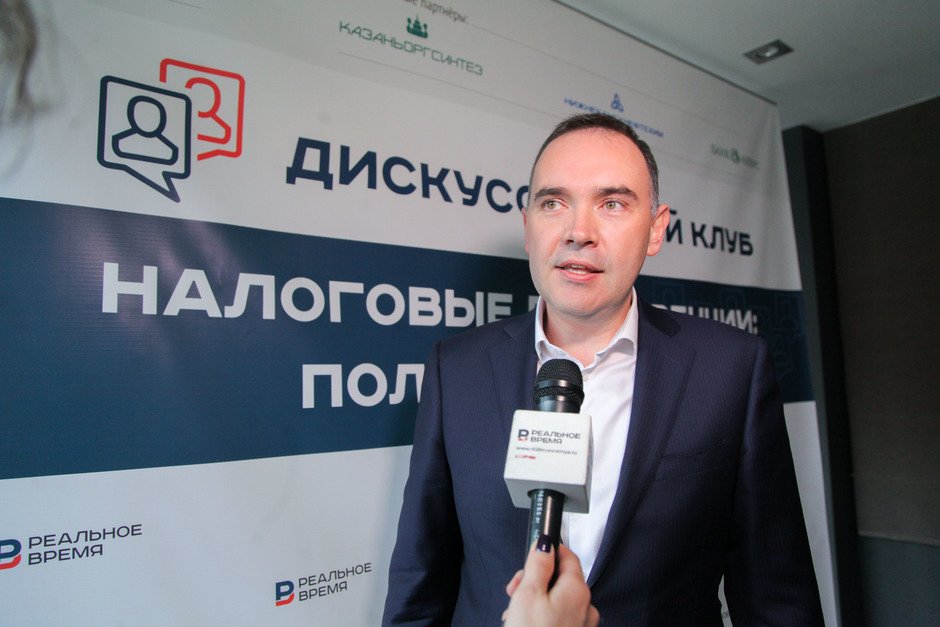
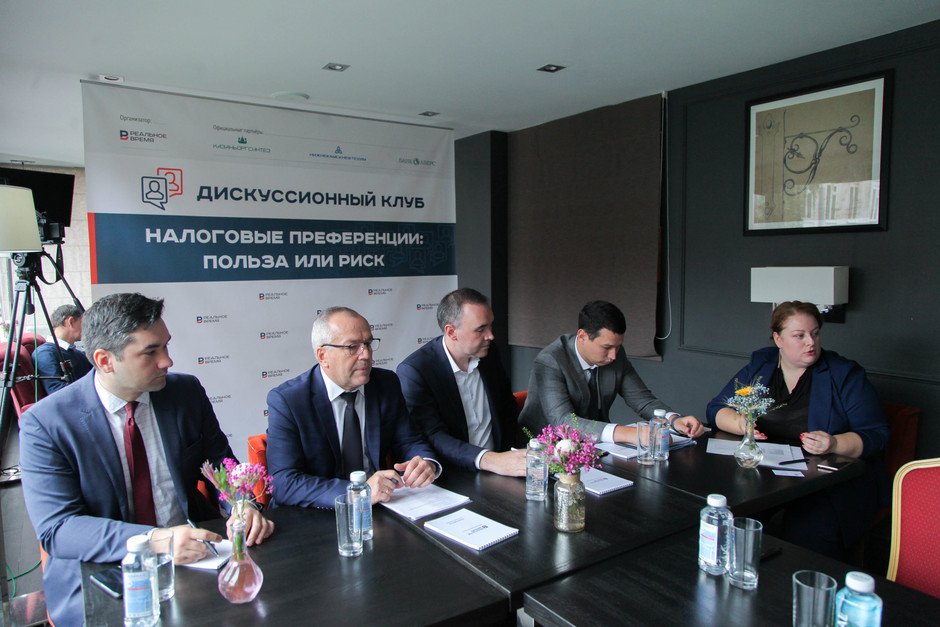
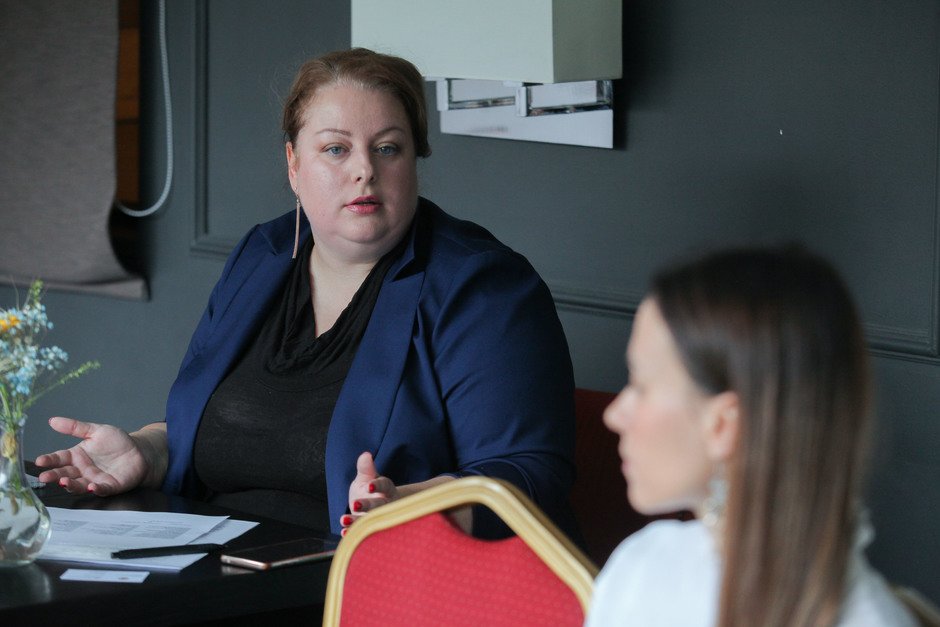
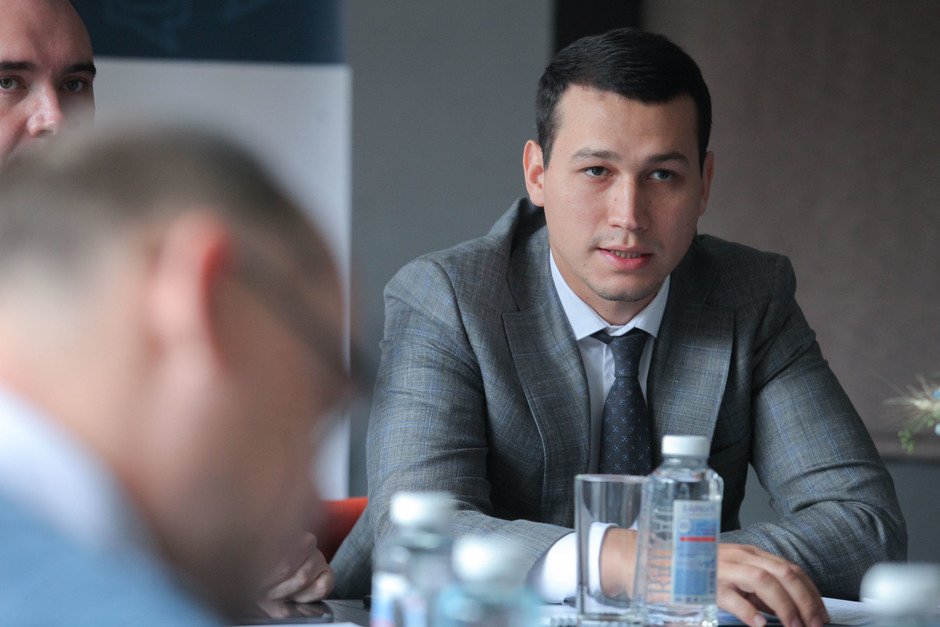
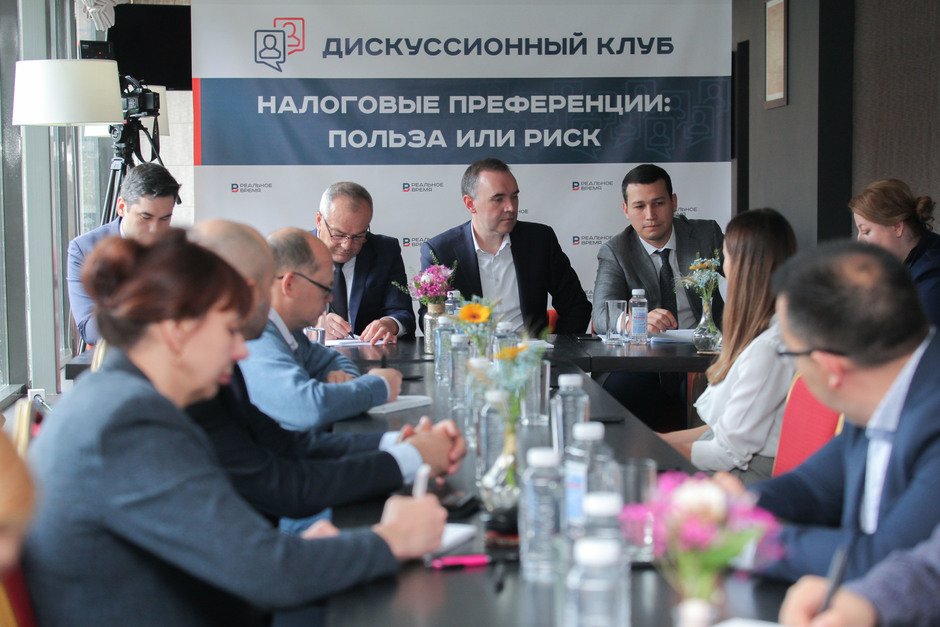
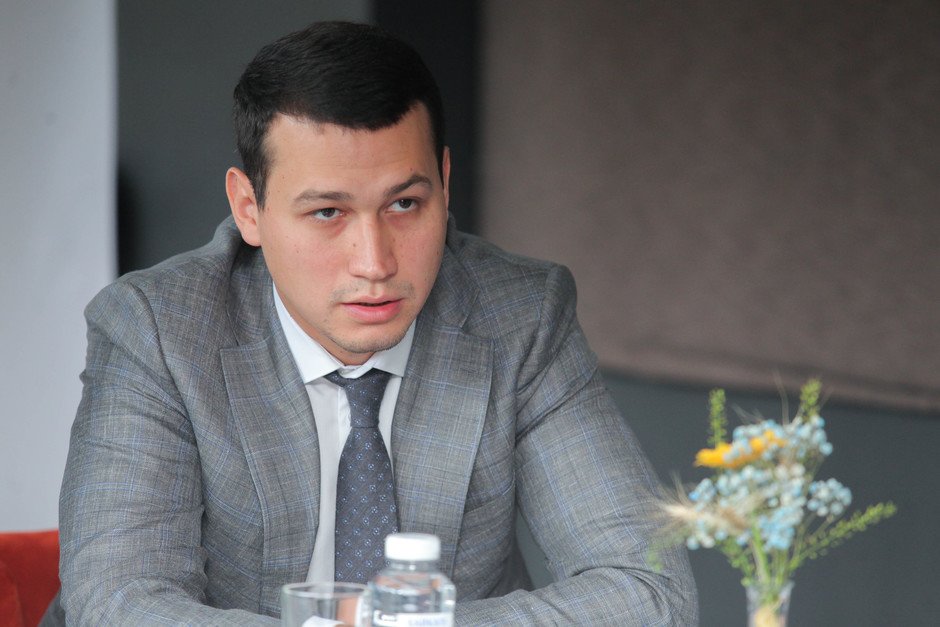
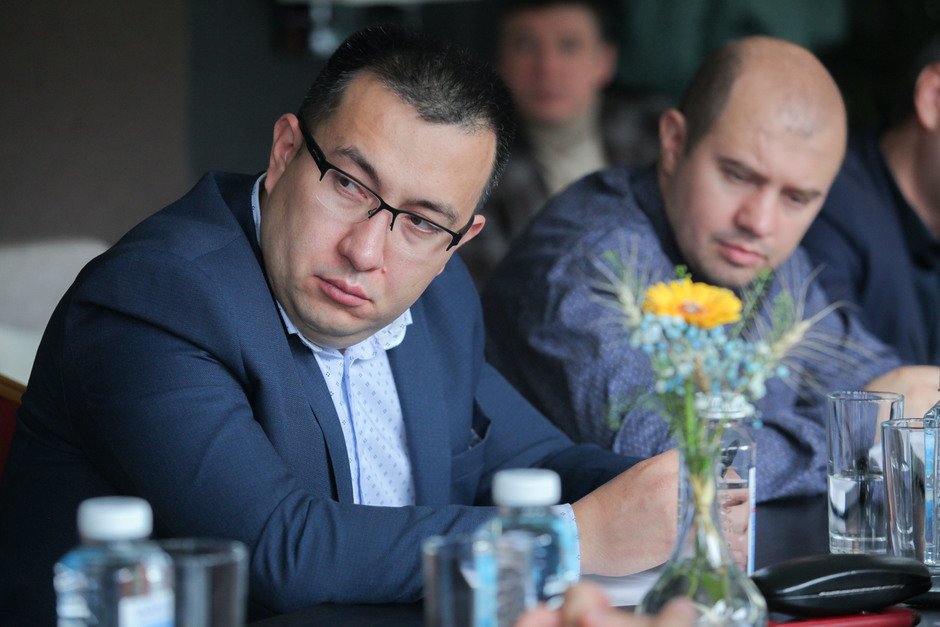
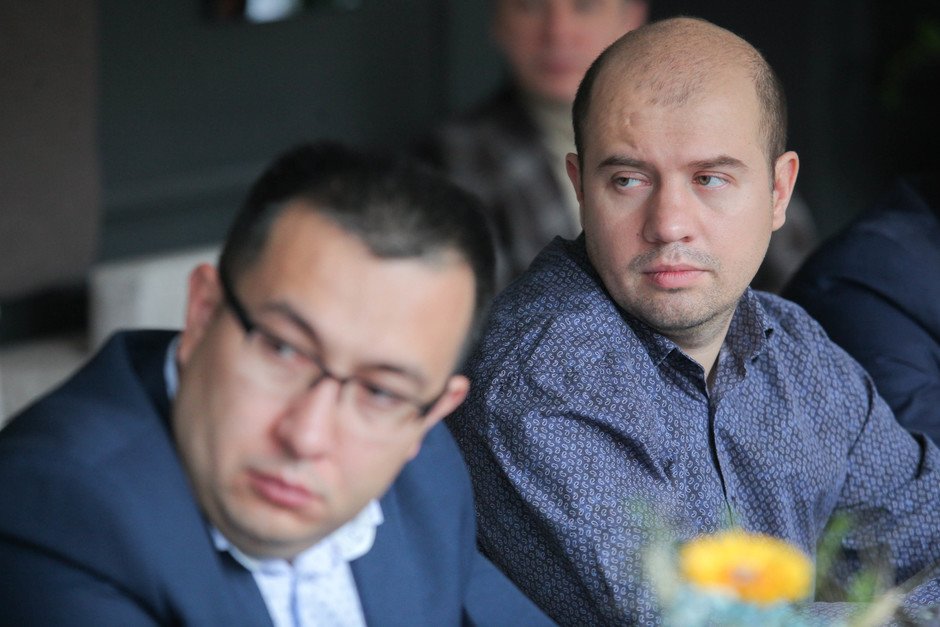
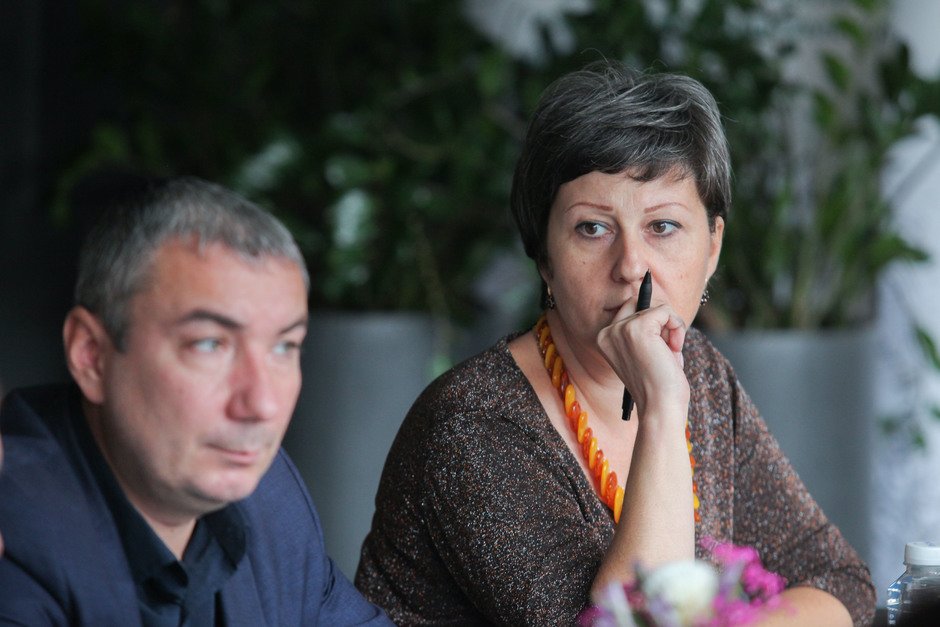
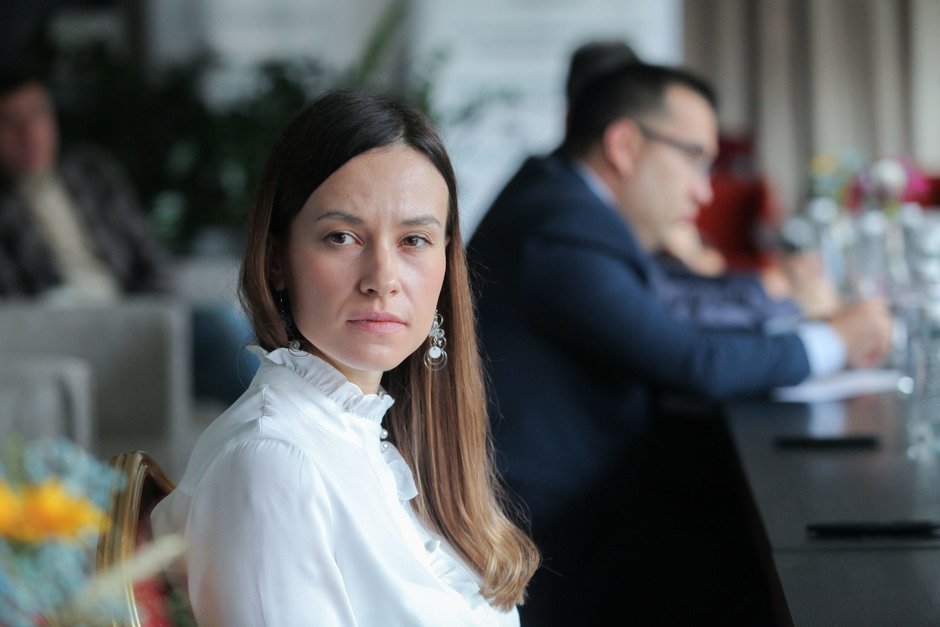
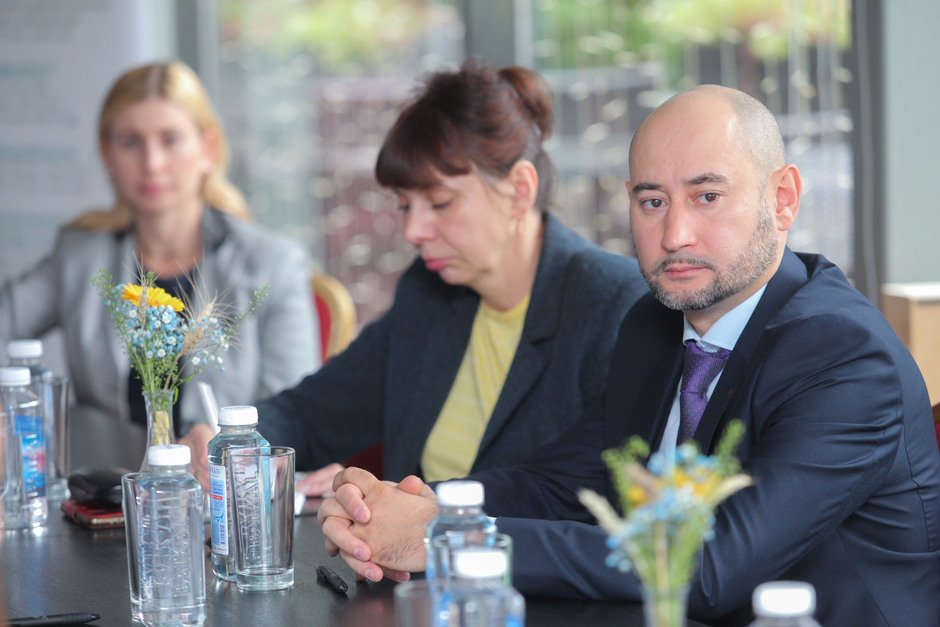
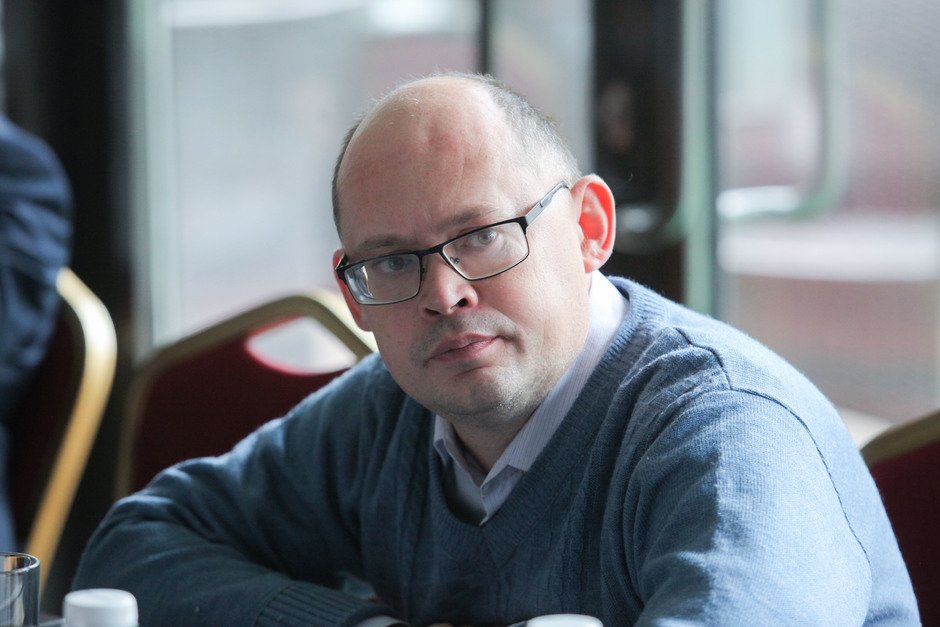
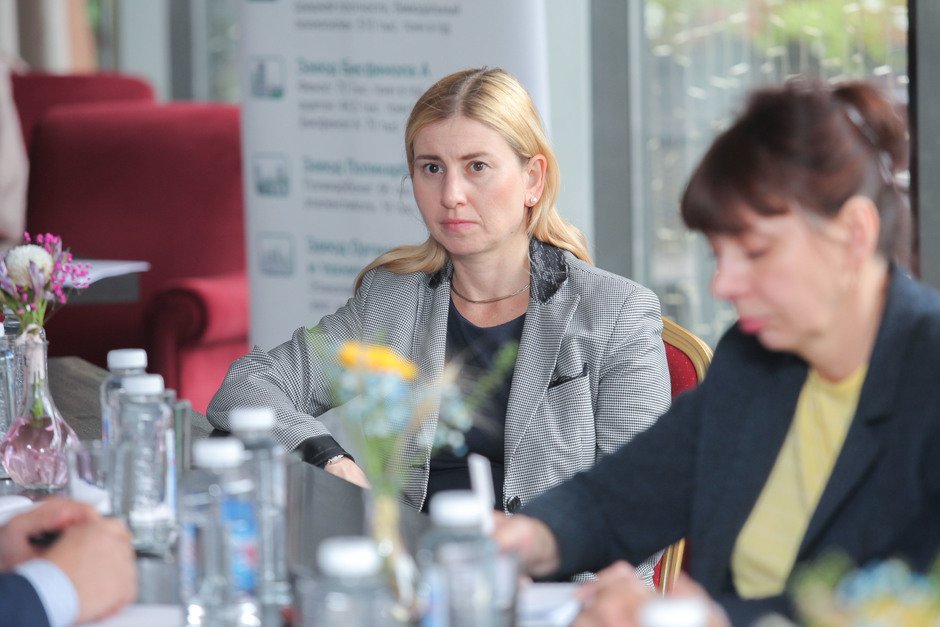
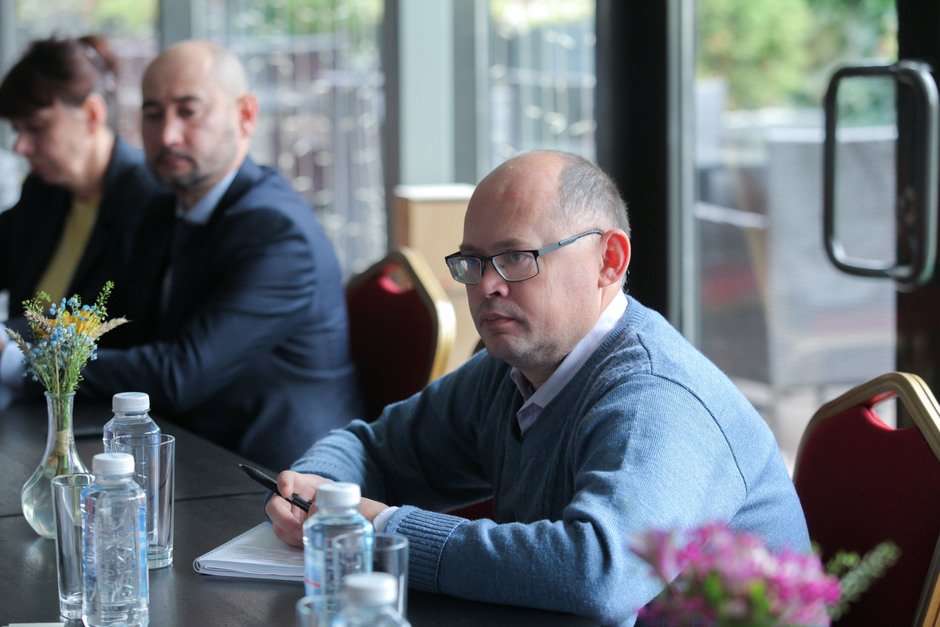
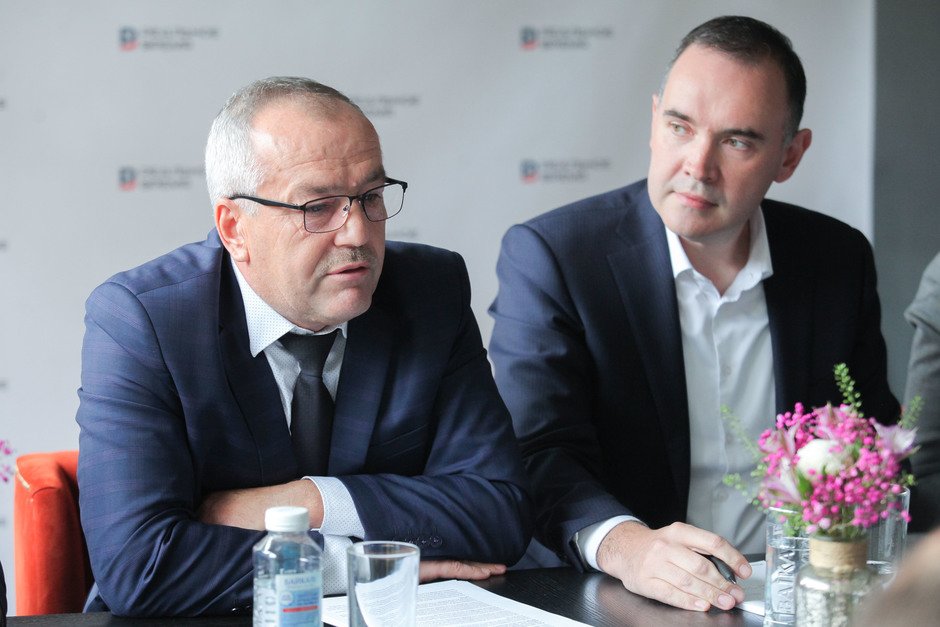
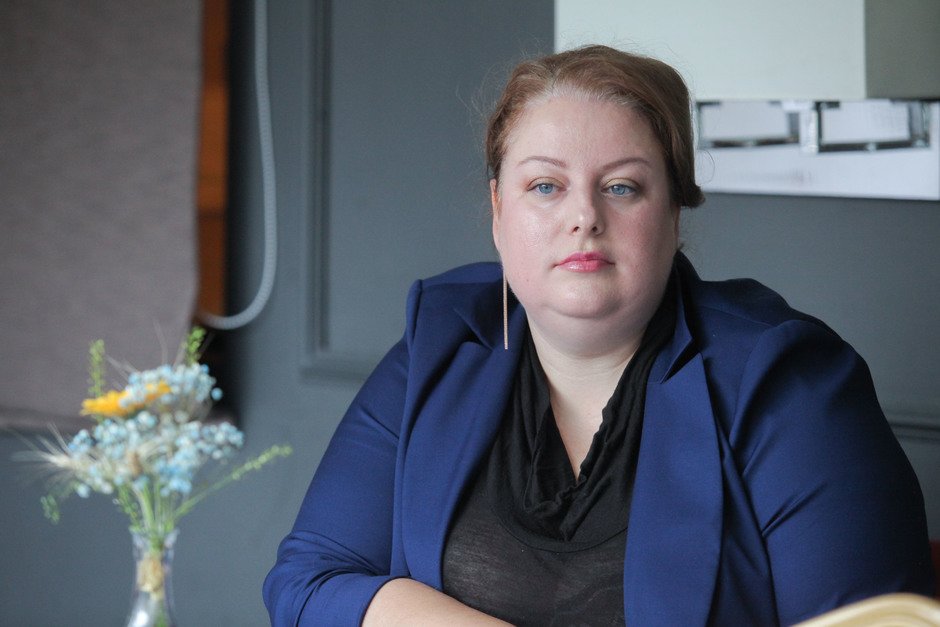
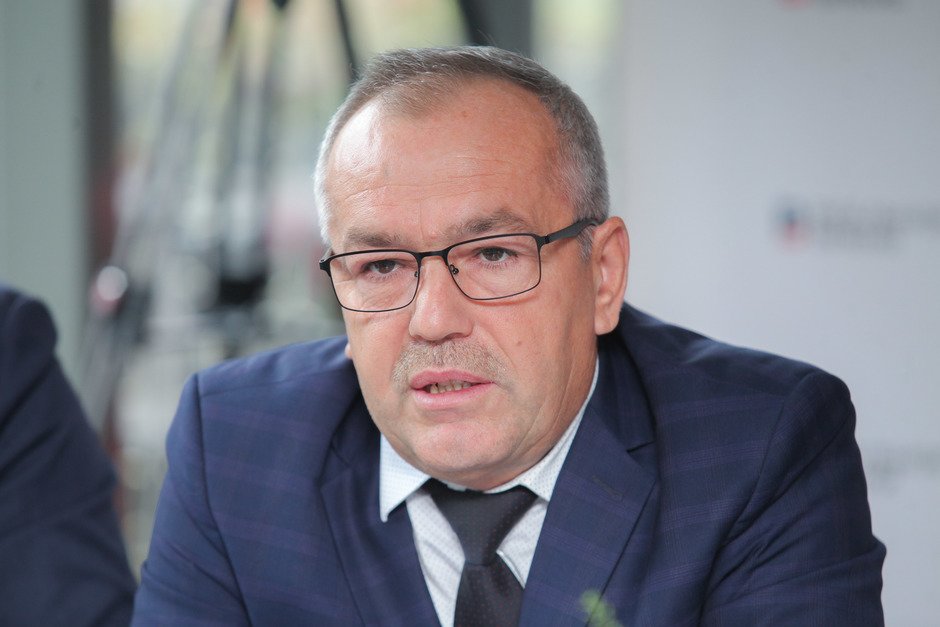
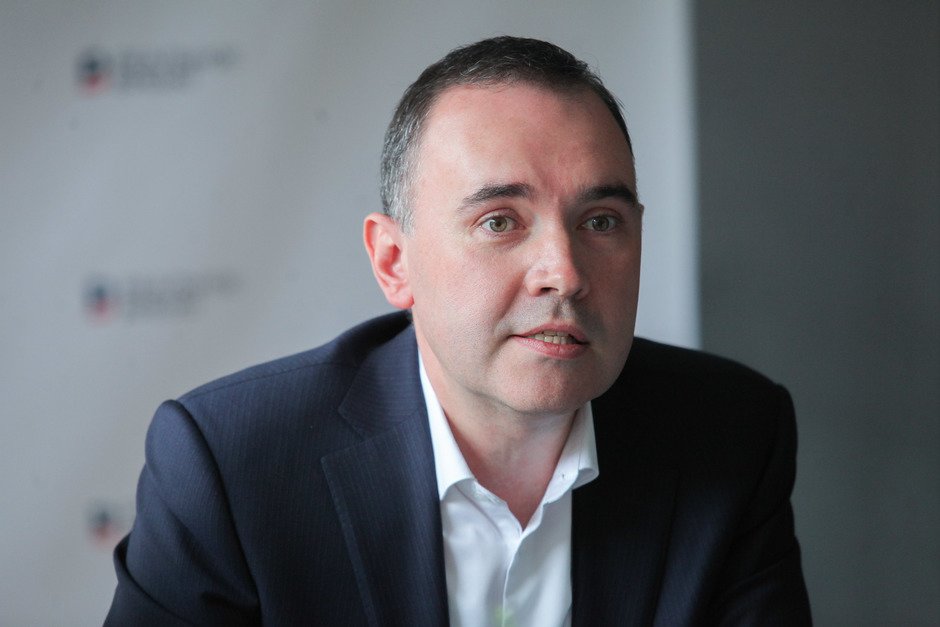
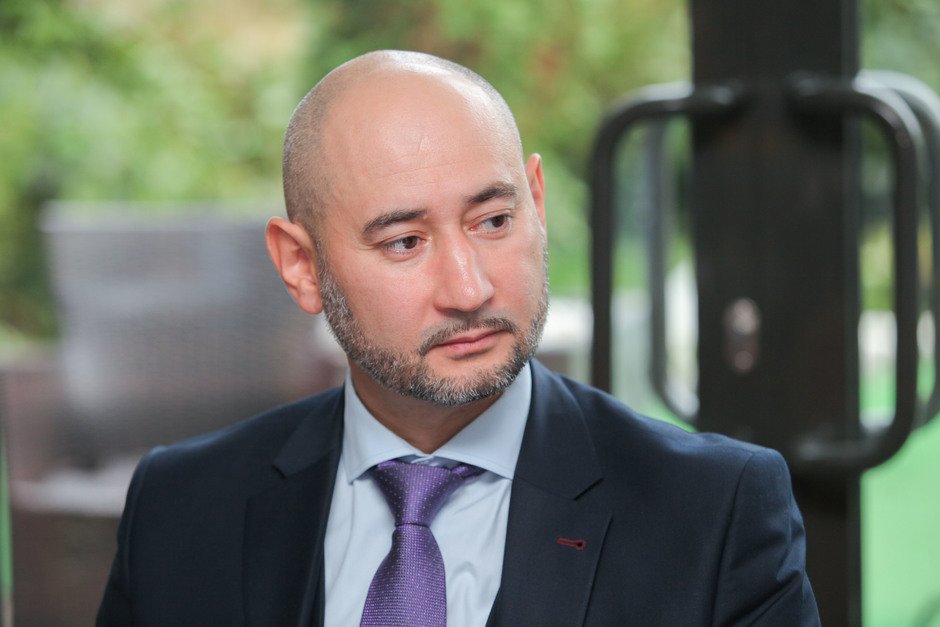
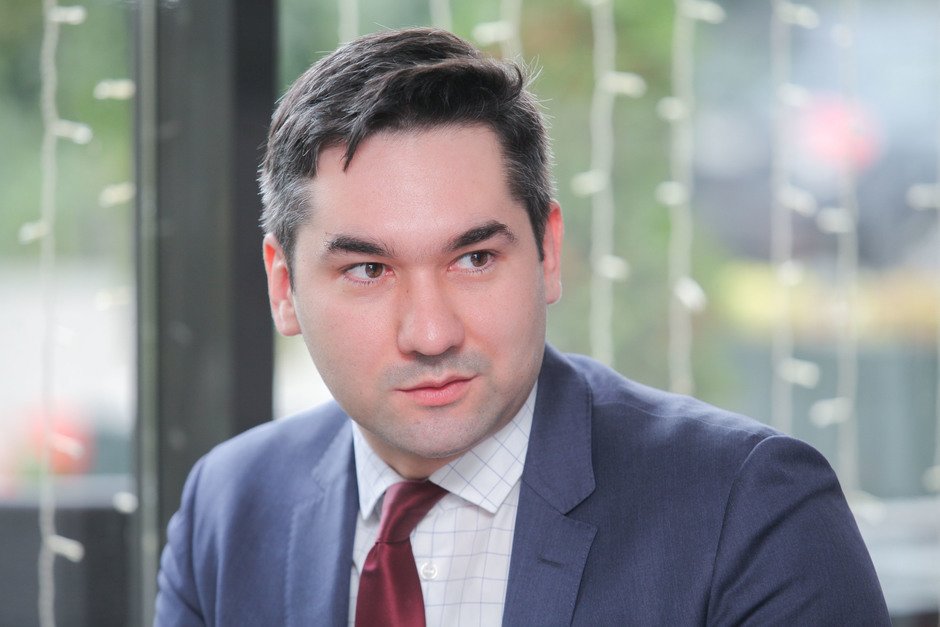
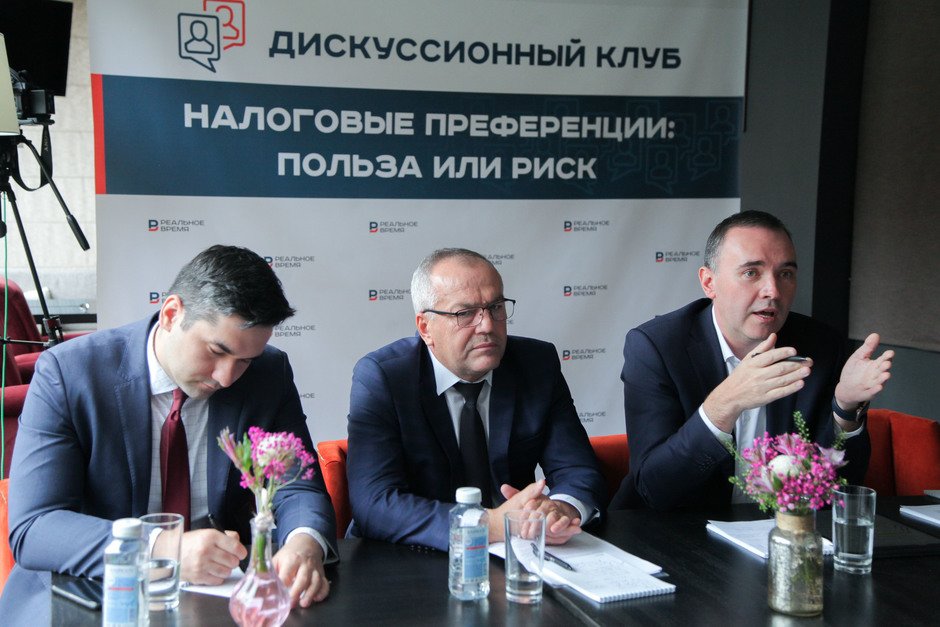
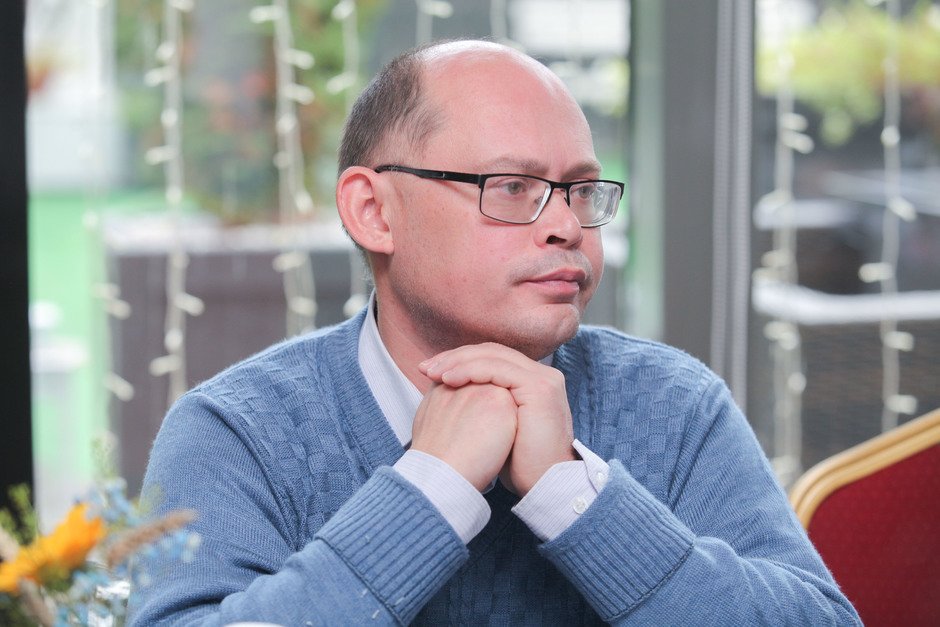
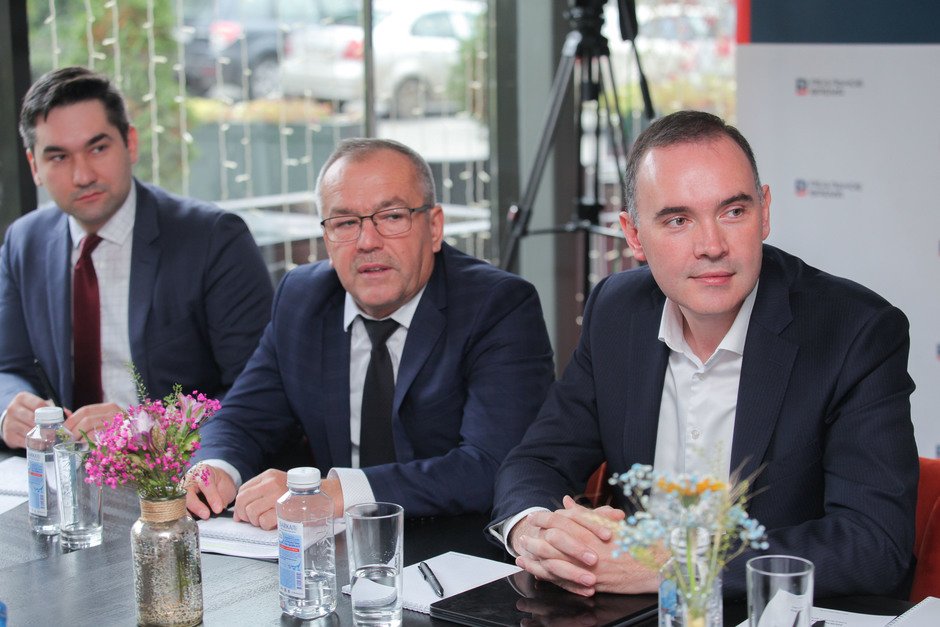

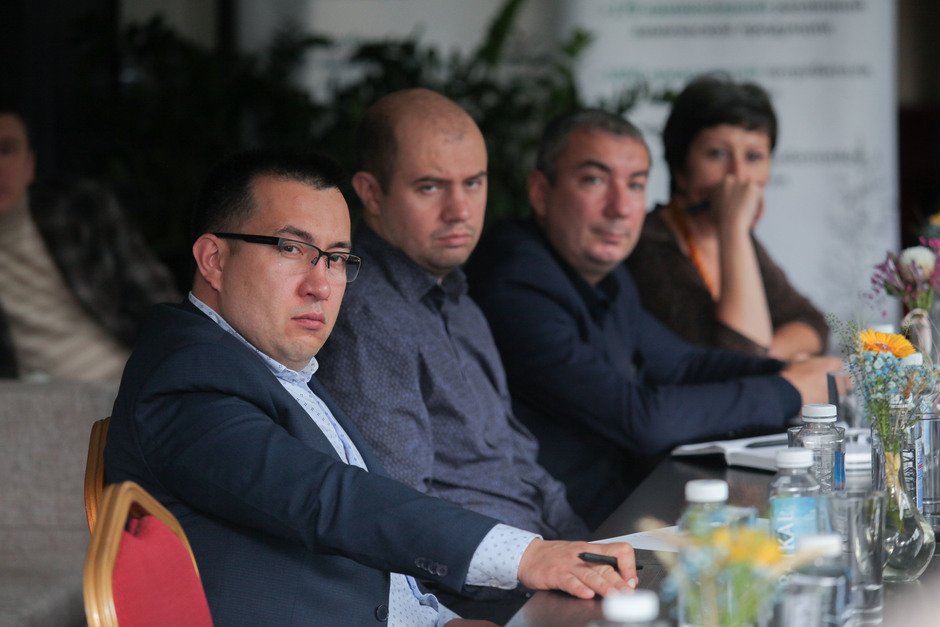
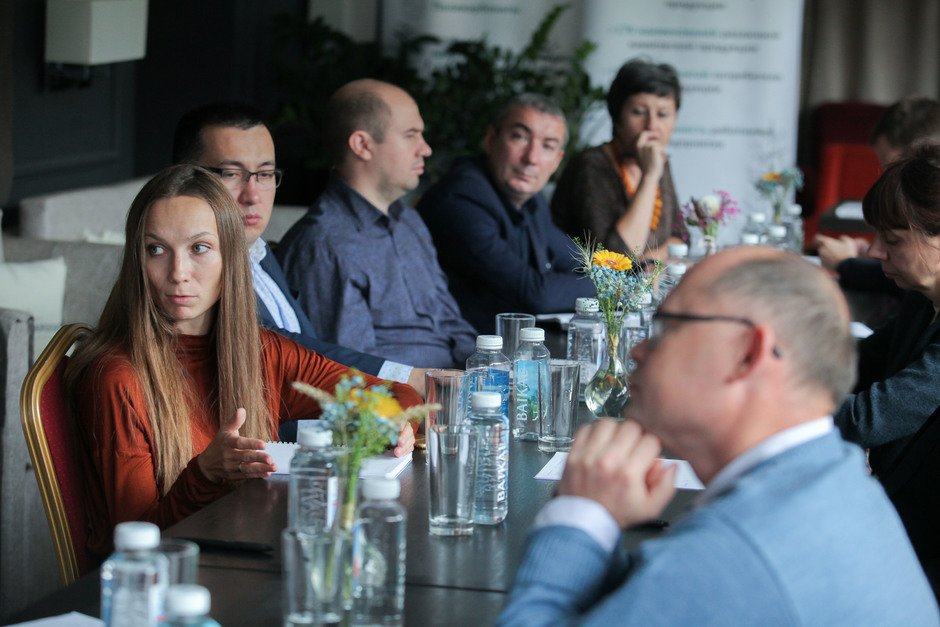
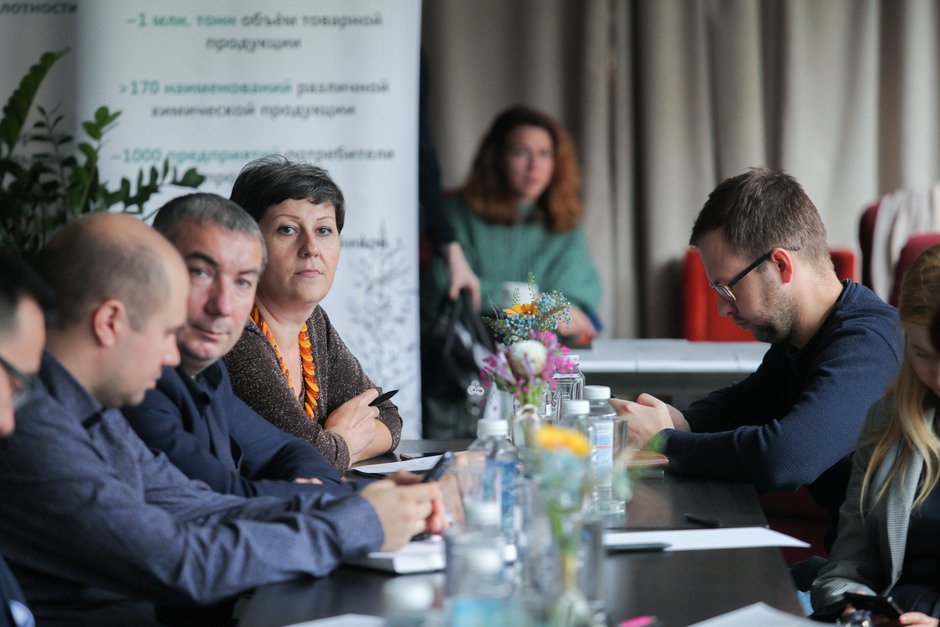
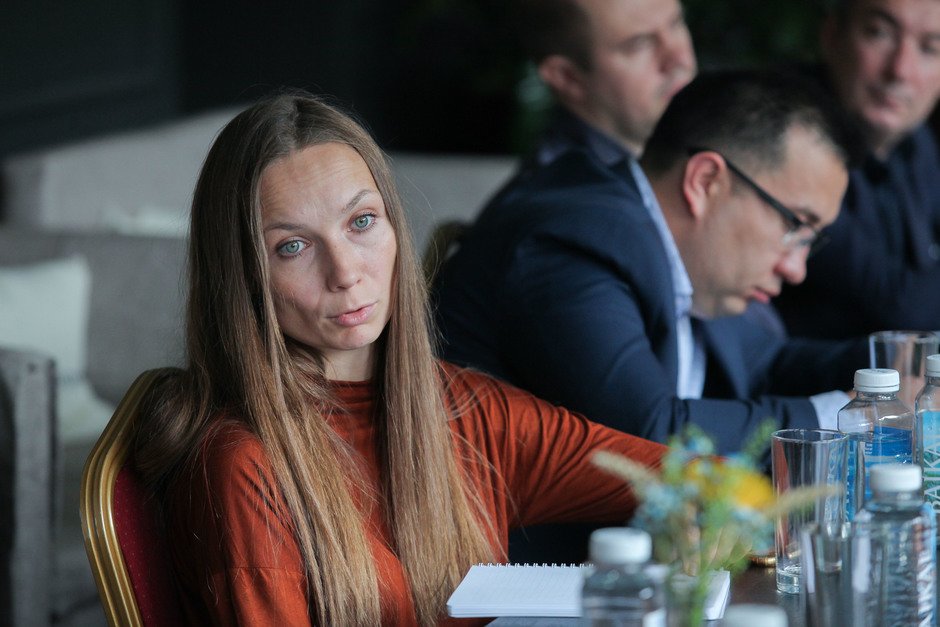
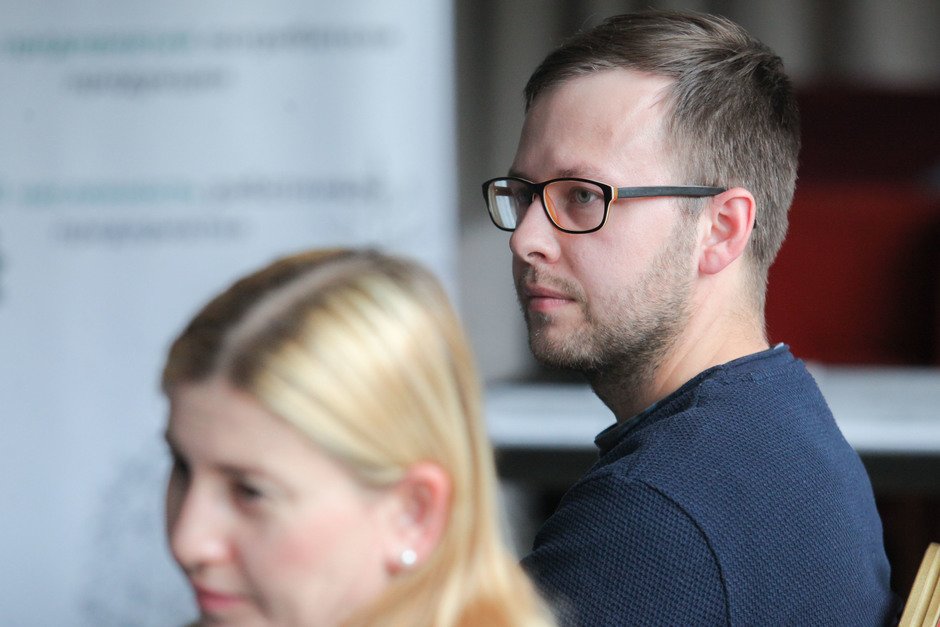
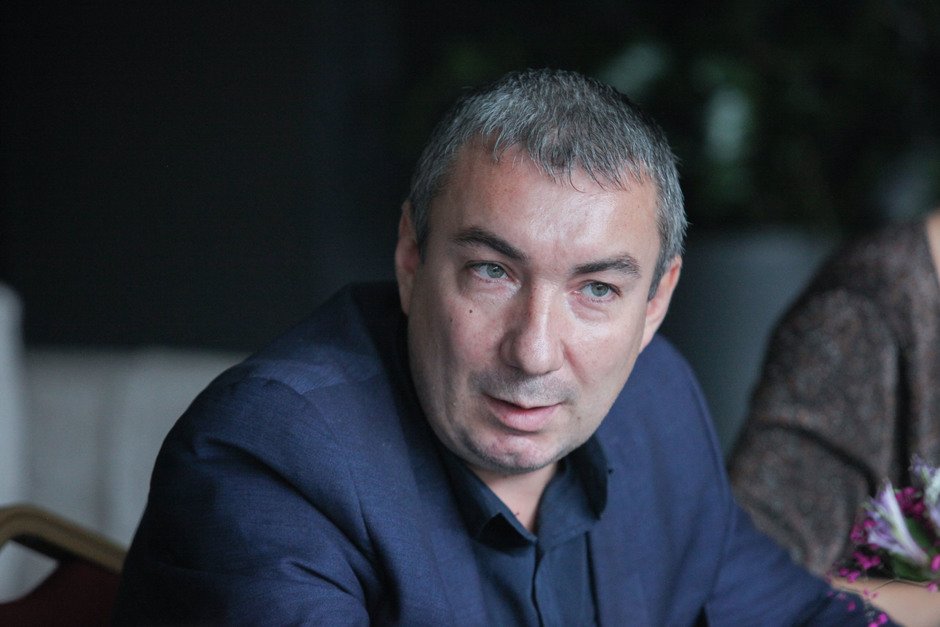
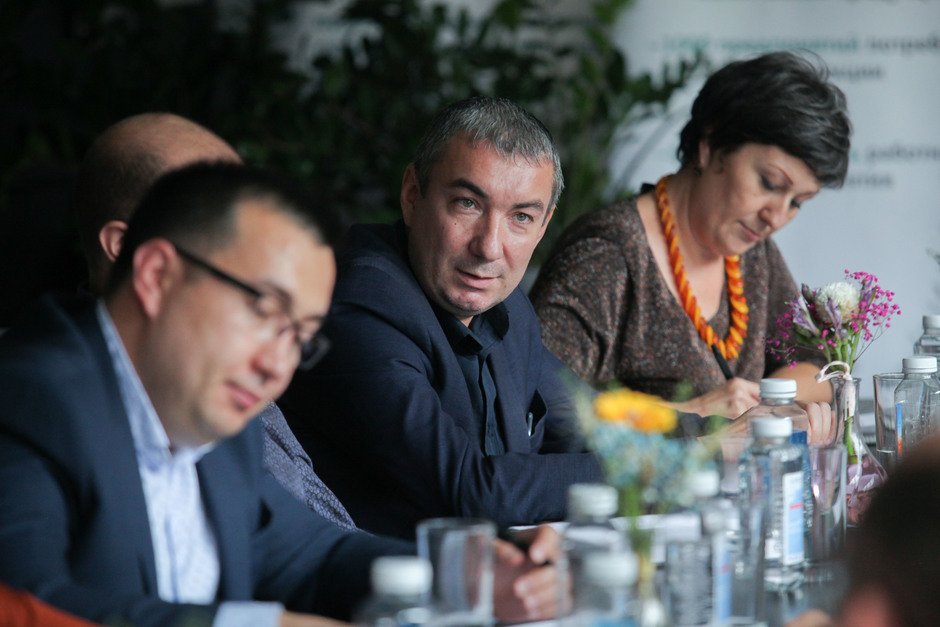
Official partners:
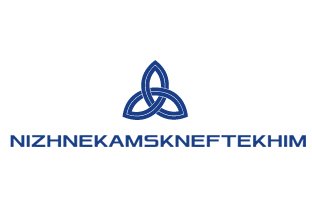 | 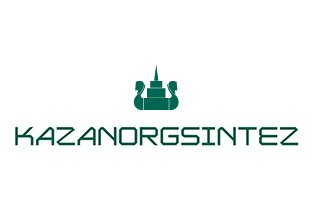 |
